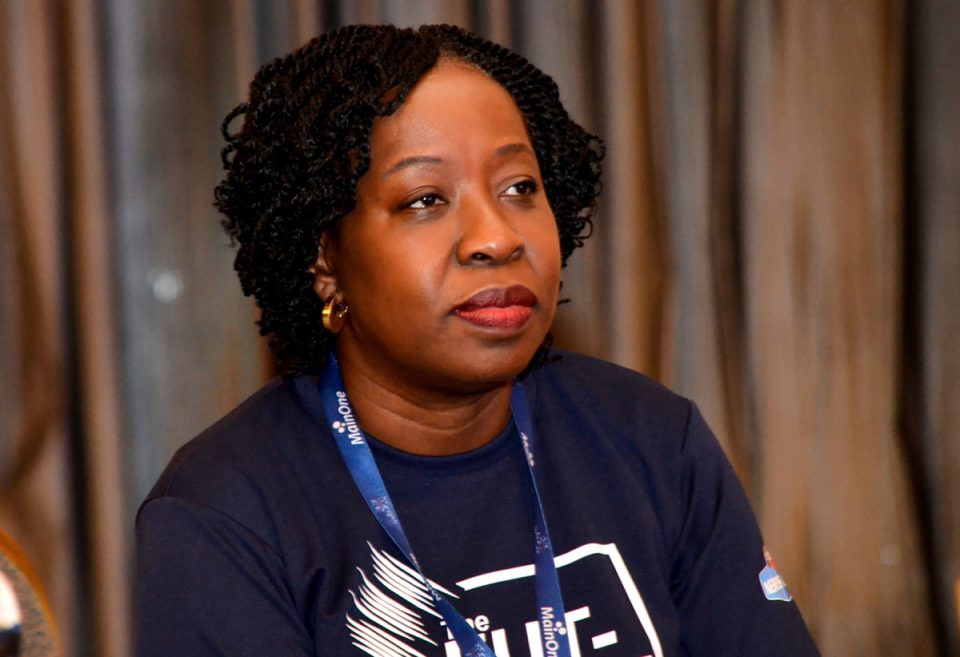The telecommunication operators in Nigeria and other African countries are experiencing an increasing demand for their services.
They noted that there would be need to invest more in infrastructure to meet the rising demand but fear that external funding might be difficult to secure.
The operators, who spoke at the International Telecoms Week 2020 Live: Connectivity in Africa held virtually, added that barriers to investment were being gradually removed by the government.
The Chief Executive Officer, MainOne, Funke Opeke, said the next phase of telecom infrastructure in Nigeria would be fibre to schools and government establishments.
According to her, this infrastructure will ensure proper usage of the Internet and reduce unit cost of data.
She noted that fibre infrastructure to base stations in the country was as low as 10 to 20 per cent.
She said, “The plan of operators in Nigeria is to ensure fibre to school and to government establishment in order to increase usage and reduce unit cost.
“In Lagos, the government is using private-public partnership to facilitate the deployment of fibre.
“We are starting to see accelerated demand for e-commerce services because people don’t have to get on the road for their needs.”
Opeke noted that in recent times, Nigerian government had started removing barriers to investment thereby creating a more conducive environment for investors.
She added, “What we have observed in that there is a more positive environment for telecom operators to operate as there are major announcement regarding the removal of bottlenecks in Nigeria.
“We need the government to participate in accelerating digital economy. What we are starting to see is government removing barriers despite economic challenges and purchasing power.”
Due to these actions, Opeke said network operators were likely to increase their investment in networks.
The Chief Executive Officer, Liquid Telecom, Nic Rudnick, said the next level of broadband infrastructure in Africa would require intensive capital.
According to him, there is uncertainty as to where and how to source of the capital because of the currency volatility on the continent.
“There is a new wave of requirements for capital to come in. The next challenge in the next one year or two is to bring capital in and to decide where it will come from but the volatile currency in Africa is not encouraging. We need to go out there and start attracting capital in Africa,” Rudnick said.
The Head, China Mobile, South Africa, Lixiang Baumann, said within the coronavirus crisis, the government has shown a willingness to collaborate with telecoms operators.
She added that there was a need for the government to collaborate more in the area of e-learning as many public school students were unable to continue learning during the pandemic despite advanced telecom infrastructure in South Africa.
Baumann said, “From the telecom operators, there is no major network breakdown and they are ensuring that there is no disruption in services.
“In South Africa, infrastructure is quite advanced but public schools can’t provide e-learning for students.
“On the continent, 70 per cent of the population is below 25 years old and they need to have access to technology. We need more government and telco collaboration in this area.”
She predicted that there would be growing demand in African countries due to low-cost and larger bandwidth provided by the new undersea cables.



